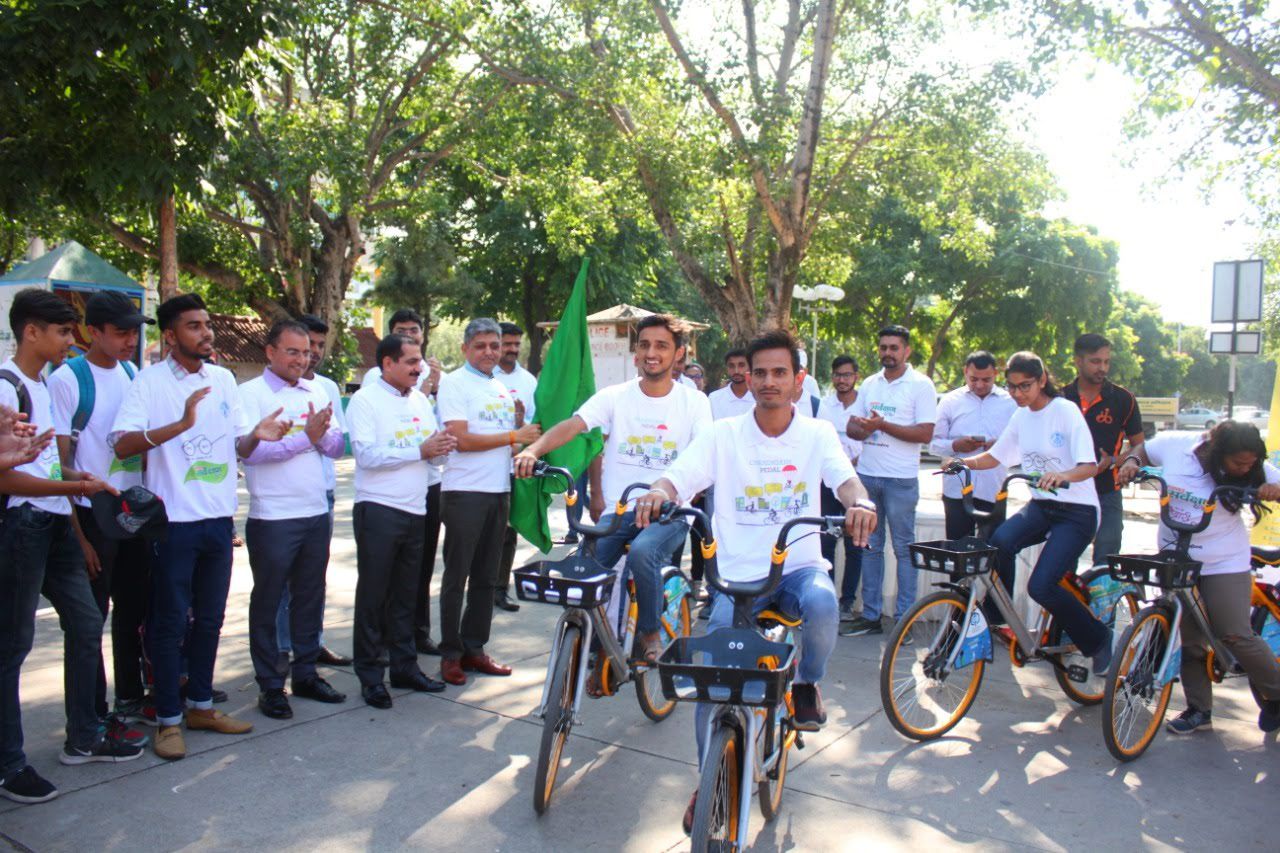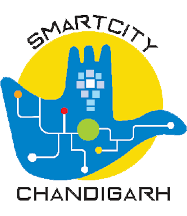






Data Hub
Aggregated demographic & socioeconomic data for 100 Smart Cities
Advisory
Detailed Instructions for creating your own citizen engagement plan
Resources
List of resources you can use
City Index
See where you stand and what else you need to make your best effort!

Team Involve engaged with citizen partners like students, research & professional organisations, resident welfare associations and professors to execute a customised citizen engagement action plan for Chandigarh. It has laid the foundation for the future interactions with these stakeholders. A holistic toolkit for civic participation, EPIC is easy & practical for anyone to use.









The Citizen Engagement Toolkit was first piloted in my city by Team Involve. Using the action plans created by them, we had implemented 14 strategies. Particularly, the Public Bike Sharing live demo was one of the most intensive citizen engagement methods which let us interact with the intended users of the project directly. Also, the dummy application testing of our E-gov app with college students and Chandigarh residents have helped us with user interface. I recommend the EPIC toolkit for other city administrators as a foundational resource which you can use to plan your engagement strategies.
Engaging Academia for building cities is important by collaborating with the local government. ‘Team Involve’ has sown the seeds for this collaboration and I recommend the other college heads to follow the activities and act as an ideating body for your city government. I really appreciated being a part of a unique webinar where all the heads of academia and professional bodies were invited in Chandigarh Municipal corporation for ideating smart solutions for future Chandigarh. Also, the dummy e-gov mobile app testing with my students made us feel significant in planning of important smart city projects.”
How do citizens participate in today’s most ambitious urban planning exercise? How do people see their futures in India’s rapidly urbanizing landscape? How do we ensure that the urban development processes unite the futuristic India and Bharat at the same time?
The India Smart Cities Mission was the first of its kind to emphasize people’s participation in a ‘bottom-up’, planning approach, making it a critical component in its process [Smart Cities Mission Guideline]. Thus, citizen engagement is a crucial component of the Mission. The Smart Cities Mission Challenge Phase presented a unique opportunity to examine to understand the processes of civic participation and citizen engagement in urban India today, identify the gaps if any, and design and pilot viable solutions at city-level.
Harnessing this foundation, team Involve laid out an agenda of building inclusive cities by fostering meaningful and sustainable local government and citizen partnerships.
The project sought to create two tangible outputs:
A comprehensive citizen engagement framework delivered through an online dashboard and advisory toolkit.
Implementable citizen engagement strategies for Smart Cities.
In the course of 18 months, the team undertook consultations constantly with sectoral experts, Mission officials and citizen representatives in New Delhi and Chandigarh. Specifically, the team utilised existing networks of civic participation and representation in the form of resident welfare associations & trade associations to understand the concerns of members of the public with respect to civic engagement in Smart Cities.
Broadly, the phases of consultation in the project have been described in the graphic. The team is deeply grateful for all these individuals for their time, expertise and guidance.
Before working at the city level, the team created an integrated database for all 98 SCPs, integrating city profiles, citizen engagement strategies, & project types and milestones which became the backend of the proposed backend of the dashboard and toolkit. This also became the team’s city selection methodology – using data sources such as the Census 2011, SCM MIS data in addition to the previously mentioned components, the team analysed the geographical location of the cities, socio-economic profile and composition of slums in the cities, as well as the mode of engagement the city used during the smart city challenge phase. Finally, the team also calculated the rate of completion of the projects in the proposal, in order to understand where the team could study the usage and feedback patterns. Using this city selection methodology, the team calculated cities along the median characteristics to propose Kohima, Bhubaneshwar, Kalyan-Dombivali, Ajmer, Jhansi and Belgaum cities for the primary research. Chandigarh was also included in this list because of the interest displayed by the city officials, and because it matched the criteria in the North region.
The first two visits to Chandigarh was done to do a SWOT Analysis of what platforms / activities already exist in Chandigarh. 14 activities were planned accordingly on the strategies starting from the Grievance Redressal strategy on the ladder. The mix of both online and offline activities have been executed in 45 days in Chandigarh as the pilot. It is to be noted that based on the success and failure of these use cases, the advisory toolkit has been built in order to have real time usage. Each of the 14 cases has been explained below in detail with the time period, purpose, stakeholders involved, logistics required, execution and finally the challenges.
During this project, the team has been able to implement 14 initiatives during a two-month period in Chandigarh. The contributions of Chandigarh Smart City Limited (CSCL), Municipal Corporation Chandigarh (MCC) and the Project Management Consultant (PMC, CSCL) in Chandigarh have been absolutely invaluable in teaching the team about the processes in the city, affecting introductions and offering their time and resources in helping the team complete this project in a time-bound yet impactful manner.
EPIC can be used by a diverse stakeholder set including government officials (Centre, State and City levels), regional development authorities, elected officials and other agencies. The EPIC toolkit comprises an Integrated Dashboard which integrates data at the city level, a City Evaluation Audit on citizen engagement for government officials – with the facility to compare and reflect on multiple cities at once – known as the City Index along with the tailored Advisory for various consultation types. EPIC provides a thoroughly tested implementation plan, budget and operation, organizational fit, human capacity map, and best practices that are relevant to the city context.